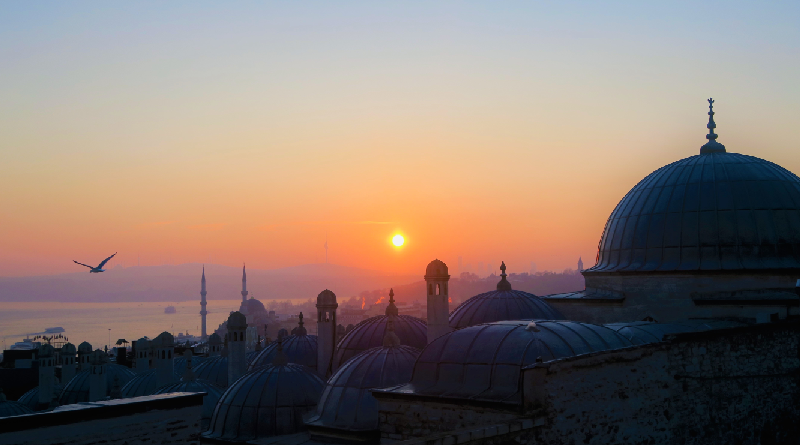Source: https://mb.com.ph/2022/07/10/bsp-consultation-on-islamic-units-capitalization-ongoing/
To encourage banks to go into Islamic finance, the central bank is currently consulting the industry on how best to implement a workable capital level for non-Islamic banks or conventional banks to establish Islamic banking units (IBUs).
Since releasing the draft circular in mid-June, a Monetary Board member said the BSP is still discussing the proposed modified minimum capitalization for conventional banks planning to set up IBUs.
“No final decision. Consultations ongoing,” the Monetary Board member told Manila Bulletin. The Monetary Board is BSP’s policy-making arm.
The BSP’s proposed capital requirement for Islamic banks are the same as conventional banks which is a range of P3 billion to P20 billion depending on how many branches will be put up.
BSP Deputy Governor Chuchi G. Fonacier said a conventional bank that does not meet the minimum capital of a universal bank, but is a subsidiary of a universal bank or commercial bank, may be allowed to operate an IBU within a reasonable transitory period. In the draft circular, this is a five-year transitory period.
“The capital that such bank needs to achieve eventually is the same range being applied to UB (universal bank), depending on the number of its branches,” Fonacier told Manila Bulletin.
The recently exposed draft circular had a feedback deadline of July 8 which was Friday. But since banks have a lot of concern about Islamic finance, the consultations have been extended.
Based on the draft circular, in establishing Islamic banks and IBUs, the BSP plans to impose the same minimum capitalization for a universal bank to apply to an Islamic bank or a conventional bank with an IBU.
It said the BSP will provide “relevant flexibility in the entry of new Islamic banking player” and that it will continue to review “and keep an open line of communication with market players and new entrants in the Islamic banking system to foster growth and to ensure competitive level playing field of IBU operations with the conventional banking.”
In applying for an IBU license, the applicant must be compliant with the BSP’s prudential criteria and has a system for segregating the lslamic banking transactions of the IBU from its conventional banking business, as well as establishing an appropriate Shari’ah Governance Framework (SGF).
The capital requirement is one of the reasons there are only few IBU applicants. A hefty capital is needed to establish an SGF. The SGF ensures that the Islamic bank or IBU adheres to Shari’ah principles and has a Shari’ah Advisory Council.
Pre-pandemic, the BSP entertained exploratory talks with at least three conventional banks to set up IBUs but these inquiries did not advance to the application stage.
Republic Act No. 11439 or the Islamic Banking Law was enacted in 2019. But it was only this year that the BSP started the creation of the Shari’ah Supervisory Board (SSB) in the Bangsamoro Autonomous Region in Muslim Mindanao (BARMM) to promote Islamic finance and Islamic banking in the region.
The SSB’s primary function is to issue Shari’ah opinions on Islamic banking transactions and products in the BARMM, said the BSP.
Last April 18, a joint circular and a memorandum of agreement with the Department of Finance, the National Commission on Muslim Filipinos, and the Bangsamoro Government on the establishment of the SSB was signed.
The Asian Development Bank said Islamic finance is one of the fastest-growing financial segments in the global financial system, with industry assets of near $2 trillion in 2015. In Asia, ADB said Islamic finance has a 15 percent market share in the domestic banking sectors of Muslim nations such as Brunei, Bangladesh and Malaysia.
Meantime, according to S&P Global Ratings, global Islamic finance will likely grow by 10 percent to 12 percent from an estimated $2.2 trillion as of end-2020.
At the moment, the Philippines only has one Islamic bank, the state-owned Al Amanah Islamic Investment Bank. It is a subsidiary of the Development Bank of the Philippines and created by a presidential decree in 1973.
